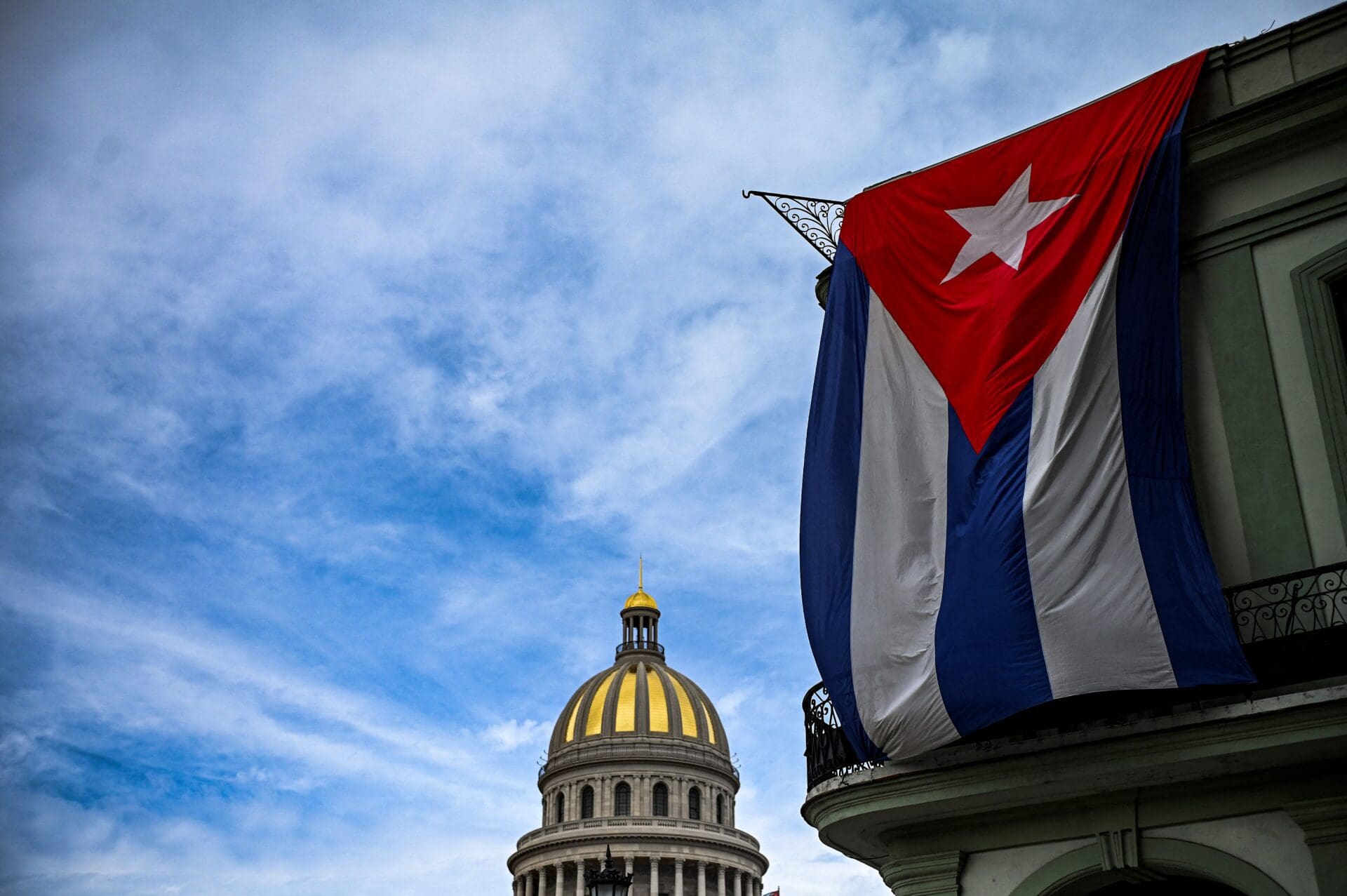“Through a series of unfair and opaque proceedings and trials of protesters in recent weeks, Cuban authorities have continued to wage a campaign of criminalization with the sole aim of re-establishing the culture of fear that was ruptured last year when people took the streets to express themselves,” said Erika Guevara-Rosas, Americas director at Amnesty International.
“As is commonplace in Cuba, where the judiciary is firmly under government control, the proceedings have lacked transparency and independent journalists and human rights observers have been denied access to the trials.”
Two of those who face upcoming trials, Luis Manuel Otero Alcántara and Maykel Castillo Pérez, were named prisoners of conscience by Amnesty International last year. Authorities detained Otero Alcántara, an artist and member of the San Isidro Movement, on July 11 just after he posted a video indicating his intention to join the protests. Prior to the protests, in May, authorities also detained Castillo Pérez, co-author of “Patria y Vida” a popular song adopted as a protest anthem for which he and other artists won a Latin Grammy last year.
On March 8, the Central Havana Popular Municipal Tribunal announced that oral hearings would begin for both prisoners of conscience and indicated that they had been charged with various vague provisions of the Criminal Code including: “ultraje a los símbolos de la patria” (insulting national symbols), “desacato” (contempt), “difamación a las instituciones y organizaciones y de los héroes y mártires” (defamation of national institutions, organizations, heroes and martyrs of the nation), “atentado” (assault), “resistencia” (resistance), and “desórdenes públicos” (public disorder).
Amnesty International has documented for decades how these exact public disorder crimes have been used to silence dissent. According to the court documents, pending the trial, both Otero Alcántara and Castillo Pérez will remain in provisional prison, where they have already spent more than seven months.
While authorities never responded to Amnesty International’s letter requesting information about how many people were detained in the contexts of the July 11 protests, NGO Cubalex has monitored the situation and estimates some 700 people remained in detention for protesting last year. The majority of them have been charged with provisions of the Criminal Code historically used to silence dissent.
On March 16, in an unusual move in a context where defense lawyers are tightly controlled by the state and access to court documents is rare, Cuban authorities made public at least six sentences related to approximately 129 people, including some teenagers, who had been charged with more severe penalties for protesting. They were mainly accused of throwing rocks or bottles at law enforcement officials, and some were given sentences of 30 years.
In one case, 21 people, many in their early twenties, were formally charged with “sedition” and given harsh sentences ranging from nine years, for among other things, aiming to alter the socialist order (alterar el orden social socialista), inciting violence, breaking Covid-19 social distancing regulations, and throwing stones and flammable bottles. As is common in judgements in Cuba, the sentence described some individuals as having ties with anti-social people (se vincula con elementos antisociales) or poor relations with their neighbors, and indicated if they worked or not. Such language is often used to describe people deemed critical of the Cuban authorities, but should have little bearing on a criminal case.
Amnesty International reiterates its previous request to the Cuban authorities to grant it access to monitor the upcoming trials of Otero Alcántara and Castillo Pérez and many others who have been charged and remain imprisoned for protesting on July 11.
“The Cuban authorities are using well-worn tactics of repression to send a message to a new generation of critical and well-connected thinkers: that dissent of any kind will continue not to be tolerated,” said Erika Guevara-Rosas.
“We reiterate our call on the international community to condemn in the strongest terms the criminalization of peaceful protesters and insist on greater transparency and access for international observers. These are simple and reasonable demands for a government that has charged and/or locked up some 700 people simply for expressing themselves.”
Cuba remains in the only country in the Americas that does not permit Amnesty International to visit to carry out human rights monitoring work.
Read more:
Cuba: Amnesty International names prisoners of conscience amidst crackdown on protesters (News, August 19, 2021) https://www.amnesty.org/en/latest/news/2021/08/cuba-amnesty-international-names-prisoners-of-conscience/
Contact: Gabby Arias, [email protected]

